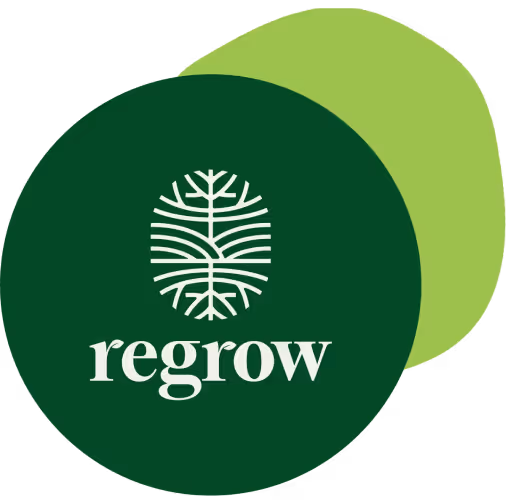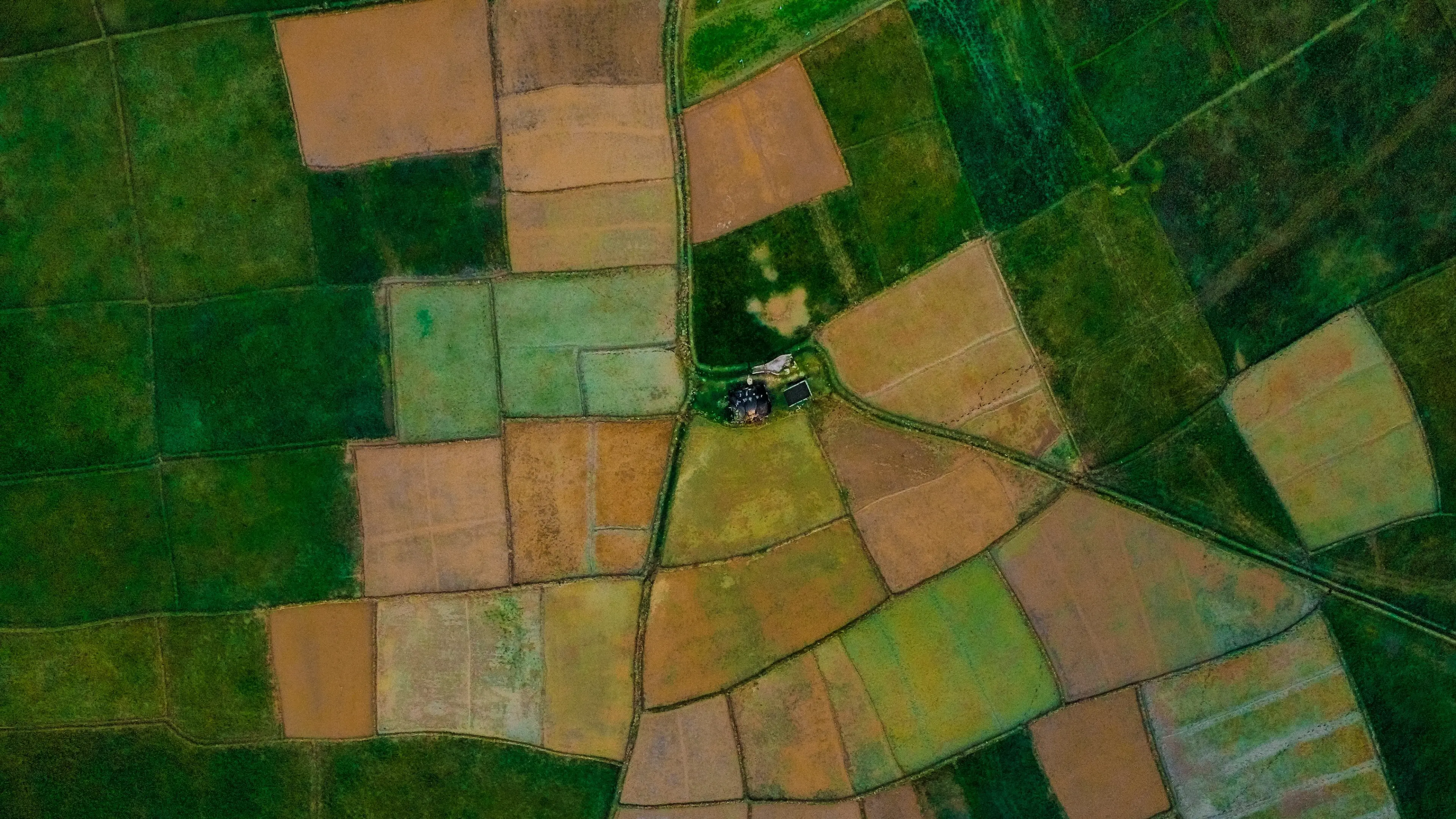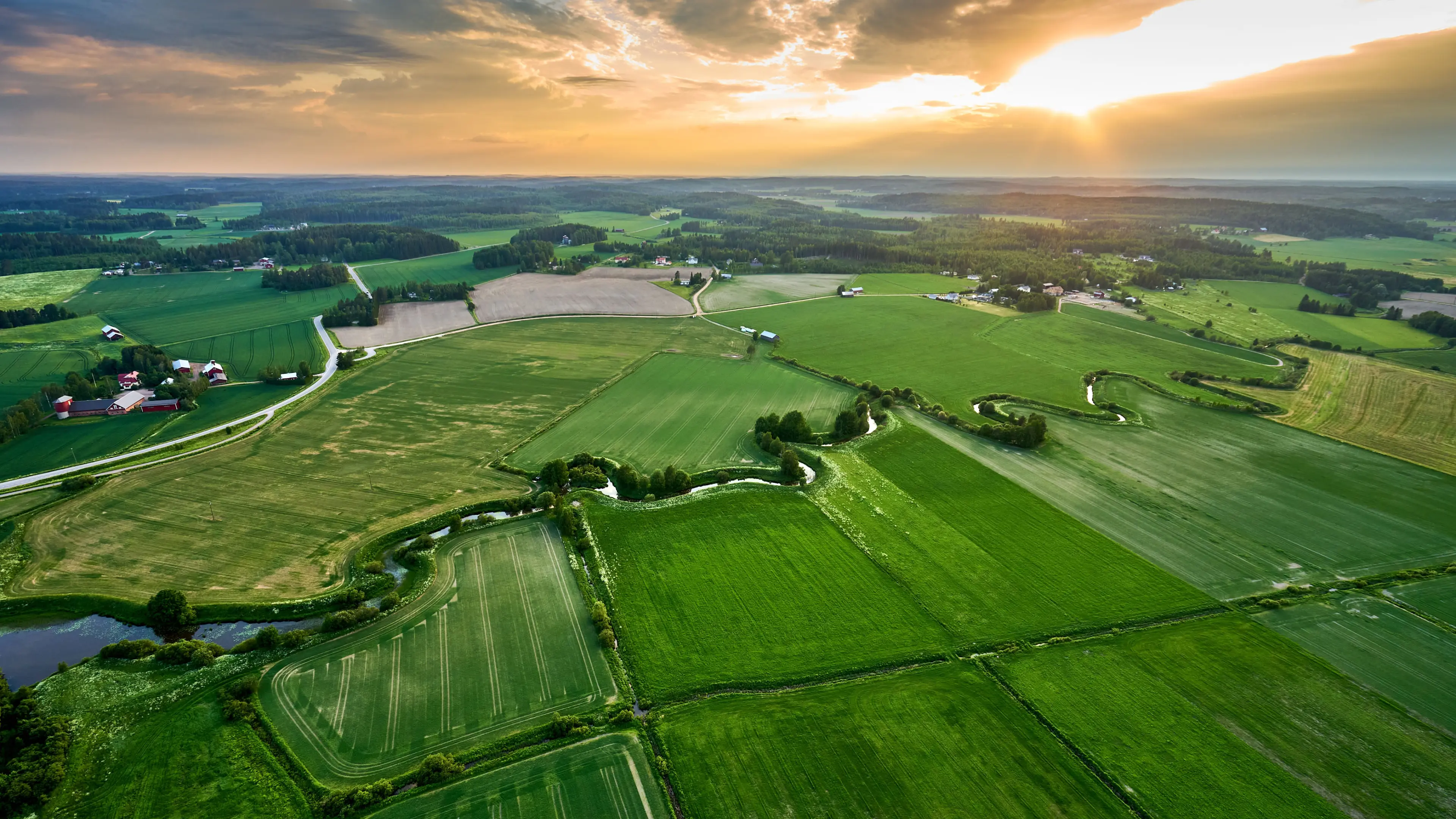Regrow is excited to announce the official launch of Sustainability Insights to empower consumer brands, project developers, ESG & LCA service providers, and public sector partners to advance sustainability goals and unlock the power of nature-based solutions in agriculture.
Sustainability Insights is an interactive and flexible platform that meets users where they are in their sustainability journeys. Partners can use the platform to baseline and report agricultural value chain emissions, analyze trends in regenerative agriculture adoption (such as cover cropping and tillage practices), plan investments in future interventions, and monitor progress toward sustainability targets. Within Sustainability Insights, users have a customizable dashboard that allows users to keep up-to-date with their chosen key performance indicators, breakdown their emissions by specific greenhouse gasses, and generate verifiable data for ESG reporting.
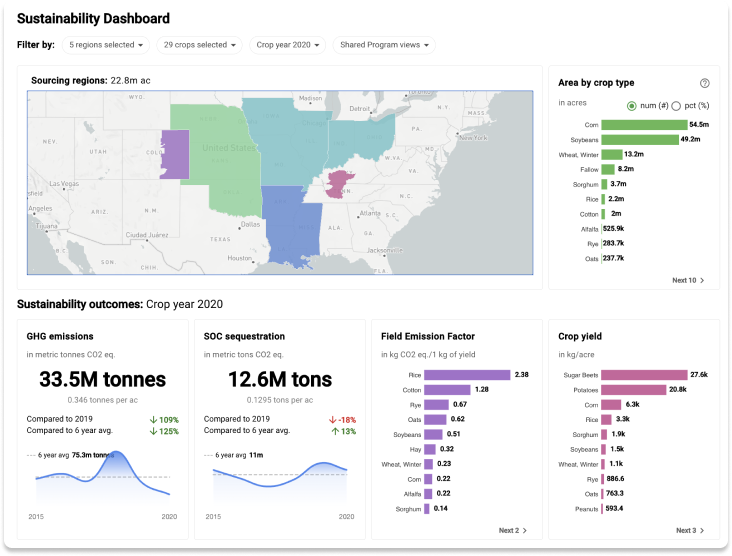
Why is Sustainability Insights Needed?
Sustainability Insights was born out of Regrow’s recognition that a major barrier for companies with commitments to reduce Scope 3 (value chain) emissions is the lack of precise, location-specific data on agricultural land use. While companies often know the general region, or supply shed, from which their ingredients originate, they may not have traceability back to a specific farm. As a result, they’re forced to rely on default and static emission factors to generate estimates of a product’s footprint. This produces challenges for companies that need to create programs aligned with Science-Based Targets, stay on track with existing targets, and ensure they are generating accurate data to keep up with increasingly complex disclosure standards such as the GHG Protocol’s Land Sector Guidance.
Better Data, Better Outcomes in Scope 3 Emissions Reduction
Regrow generates dynamic crop, and region specific GHG emissions estimates in Sustainability Insights by leveraging OpTIS – our proprietary satellite imaging platform which produces regional images every 4-5 days – and DNDC, our soil carbon model which is available commercially only through Regrow and has been validated using thousands of ground truth samples. This methodology for data collection is verified with the Climate Action Reserve, and aligned with programs approved by SustainCert.
The precision with which Regrow’s soil model estimates emissions outcomes, coupled with the scalability provided by satellite imaging, yields a unique service that, until now, has not been available for the agrifood industry. The verifiable data available through Sustainability Insights reshapes how our industry partners can plan and monitor their sustainability initiatives while simultaneously communicating about them in a credible manner.
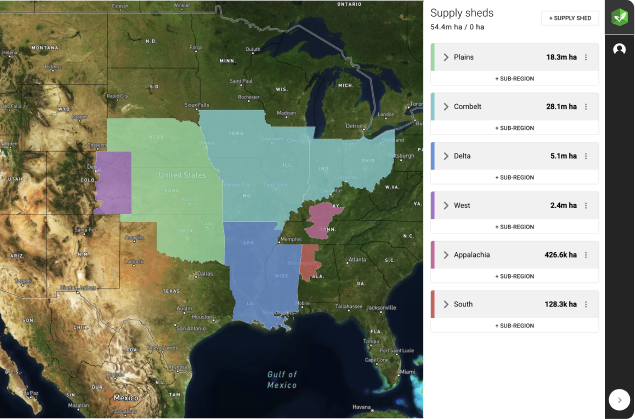
Accelerating the Adoption of Regenerative Agriculture
General Mills is already demonstrating how Sustainability Insights can be leveraged to affect positive change. Together, we are working to monitor over 175M acres of agricultural land and advance the efforts of General Mills to reduce greenhouse gas emissions by 30% across its entire value chain by 2030.
“We believe regenerative agriculture is the most promising solution to reach our climate goals and create positive planetary outcomes,” said Mary Jane Melendez, Chief Sustainability and Global Impact Officer at General Mills, in a recent announcement about our partnership.
We look forward to scaling Sustainability Insights and regenerative agricultural outcomes across the globe. Learn more about Sustainability Insights at www.regrow.ag/sustainability.
.avif)
